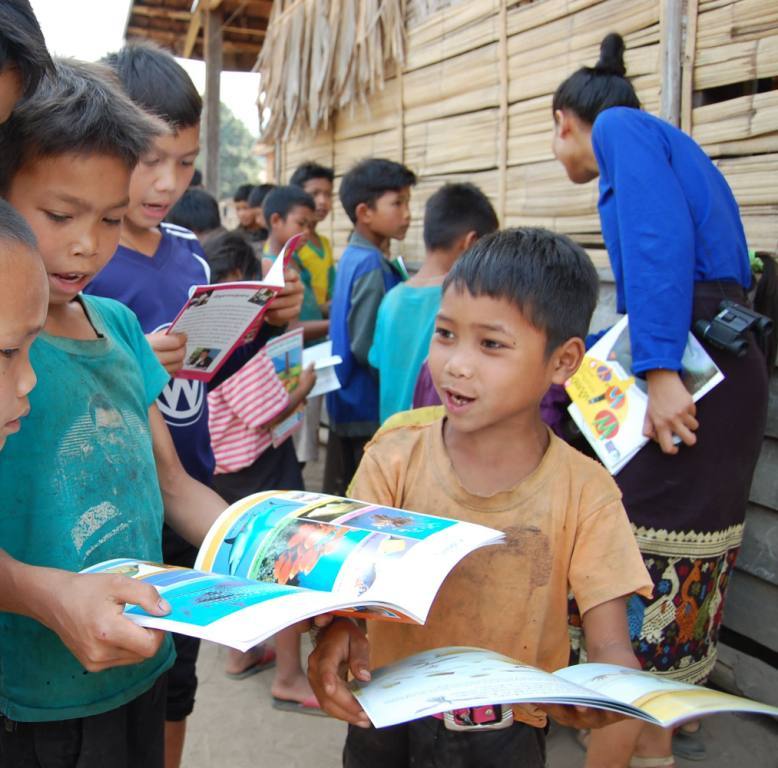





Six Senses Samui is pride to be extremely proactive in sustainable tourism and actively promotes the local community. Six Senses Samui regularly sets up activities to support the local Wat Plai Laem School and Plai Laem Community itself by hosting events and actively involving in social responsibility programs whereby community, travelers and the environment all benefits by protecting and preserving their natural surroundings. Its community focus also includes sponsored scholarships and providing furniture for Baan Plai Laem School for orphans and children in need, sponsor and support activities at the Plai Laem Junior Sports Club for their Say No To Drugs Campaign.

The tranquil Six Senses Samui is nestled on a gentle slope of a promontory on the northern tip of the island of Samui, with an area of about 20 acres surrounded by lush vegetation and with a beautiful panoramic view of the Gulf of Thailand. The property consists of 66 spacious villas, 59 with private pool overlooking the ocean , 7 immersed in the surrounding tropical vegetation.
Each villa has the private service of a 24 hour GEM (Guest Experience Maker) butler. The Resort is renowned for the quality of its restaurants that offer a modern reinterpreted cuisine, excellent dishes of typical Thai and international cuisine accompanied by a wide selection of wines from around the world. Six Senses Spa offers a wide range of holistic and traditional treatments, provided by highly qualified therapists with natural eco-friendly products. During their stay guests can explore the natural beauty of Koh Samui on foot, by motorbike or by car, discover the surrounding islands and go diving in Ang Thong National Marine Park. Inside the resort it is possible to practice water sports, follow Thai cooking courses and visit the nearby beach of Chaweng with its fishing village. Six Senses Samui has always been at the forefront of sustainability and it is continually developing new initiatives and procedures to minimize impact on the environment through careful consideration of the effects that operating systems, materials and purchasing policies have on the environment.
